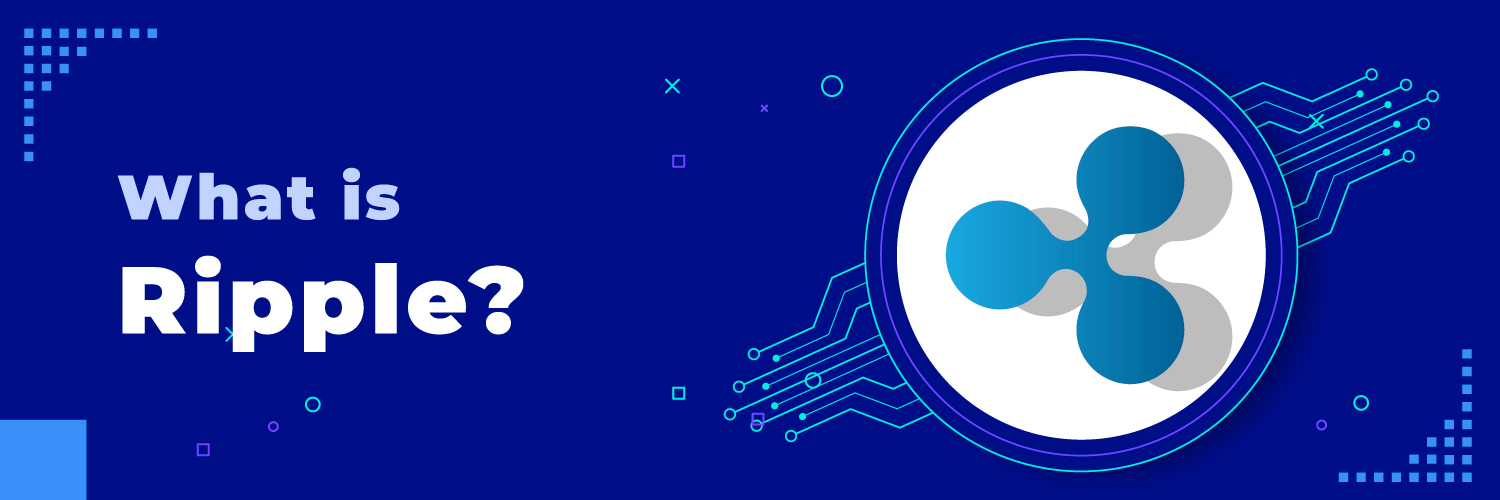Ripple is a digital currency as well as a platform for peer-to-peer currency transfers (ripple XRP). The platform is an open source protocol that aims to make transactions between two parties as quick and inexpensive as possible. The Ripple network employs a novel distributed consensus technique instead of the traditional way of blockchain mining. Participating nodes execute a poll to check the transaction’s legitimacy, which is used to validate transactions. This occurs nearly instantly, allowing for quick confirmations without the need for a centralized authority.
What is Ripple XRP?
The XRP ledger is where Ripple’s cryptocurrency, XRP, is stored. As a result, many people interchange the phrases “XRP” and “Ripple.” It works in the same way as any other cryptocurrency. You can invest in it, exchange it for fiat currency (or other cryptocurrencies), and use it to conduct online or in-person transactions. Many Ripple users utilize it as a remittance service, allowing them to move money across borders without the money moving physically. Ripple can be thought of as a currency-to-currency bridge.
How to Buy Ripple XRP?
Ripple can be traded on a variety of exchanges. Its cryptocurrency token is XRP. A buyer of XRP must first open an account on one of these exchanges, such as Bitstamp, Kraken, or GateHub, and then validate it. You can then fund your account and simply trade. Other exchanges that accept XRP trading include BTCXIndia, CoinOne, Bitso, Qryptos, Bitsane, Coincheck, Korbit and Bitbank.
XRP can be purchased in fractions, with the smallest being 0.000001 XRP. A wallet is where you may transfer, receive, and store XRP. Your bitcoin wallet, in general, allows you to check your balance, send transactions, and connect to apps. To send funds and manage your bitcoin, you’ll need a wallet, which is just a tool for doing so. As a result, you can frequently switch wallet providers. Because only you – not the wallet – retain custody of your funds, many wallets allow you to manage several accounts from a single application.
What are advantages of Ripple?
- A number of significant financial institutions, including high street banks like Santander, use Ripple’s exchange network for transactions including XRP, other cryptocurrencies, fiat currencies, and even other commodities like gold.
- Transactions cost merely 0.0001 XRP, which is a fraction of a penny at current exchange rates.
- Transactions are frequently confirmed within 4 or 5 seconds, allowing for quick settlement.
What are disadvantages of Ripple
- Ripple is not as decentralised as other cryptocurrencies since it has a default list of transaction validators.
- Unlike Bitcoin, the supply of XRP is pre-mined. It’s difficult to track XRP’s value because investors don’t know when substantial amounts will be released into circulation.
- The Securities and Exchange Commission (SEC) took legal action against Ripple in 2020. The SEC reasoned that it should have registered as a security because it can release XRP at any time. As a result, certain institutions and exchanges have been wary of it until the situation is rectified.
Please contact us at [email protected] if you would like more information about the aforementioned article. We’re known as one of the greatest specialized co-ops in the business. Our professionals will provide you with the particular quality that you are looking for. As a result, don’t hesitate to contact us at the above-mentioned email address.



Add a Comment
You must be logged in to post a comment